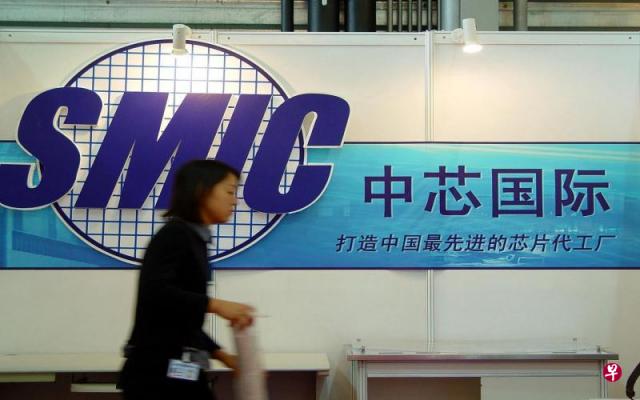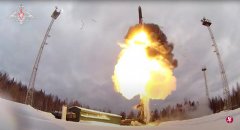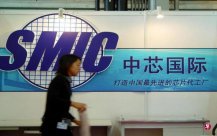
Chen Jing Shanghai Special Commissioner
China chip giant SMIC announced that with the assistance of the Shenzhen Municipal Government, it will build a foundry manufacturer that manufactures a 12 -inch wafer with an investment of US $ 2.35 billion (S $ 3.15 billion).This is a new factory after SMIC from being broken by the United States. It is also a more advanced manufacturing process. It highlights the urgency of China's solution to the "stuck neck" of high -end chips and the determination to fight the "science and technology long -term war".
SMIC announced the night before that the company has signed a cooperation framework agreement with the Shenzhen Municipal Government to jointly set up factories with the Shenzhen Investment Group of State -owned Enterprise.According to the agreement, SMIC holds 55 % of the shares, and Shenzhen's re -investment shares will not exceed 23 %. The two parties will also promote third -party investors to complete the remaining capital contribution.
The foundry in Shenzhen is expected to be opened next year. It can produce 40,000 12 -inch wafers per month. The production process is more advanced than the original 8 -inch wafer.
SMIC said that new investment projects can meet the growing market and customer needs, and also promote the company to expand production scale and increase nano -technical services to obtain higher returns.The company's senior management disclosed last month that although 30,000 pieces of 8 -inch wafers were added in the Tianjin plant last year, it increased 20,000 pieces of 12 -inch wafers in Beijing.Essence
In December last year, the United States included Chinese high -tech enterprises such as SMIC in export control entity list, cut off their pipelines for obtaining American products and technology, and further exacerbated the "chip shortage" of the Chinese technology industry.To this end, the Chinese government's 14th five -year plan (2021 to 2025, referred to as the "14th Five -Year Plan"), which was released this month, included the core technologies such as expanding scientific research investment and strengthening chips into the focus of work.
SMIC currently operates a total of seven wafers, of which four are produced by 12 -inch wafers.In August of last year, the Group joined the Beijing Municipal Government to set up a wafer fab. The first investment volume reached US $ 7.6 billion. It is expected to be completed in 2024. By then, the monthly production capacity will reach 100,000 pieces.
expert warning The gap between the supply and demand of Chinese chips is getting larger and larger
Wu Hanming, an academician of the Chinese Academy of Engineering, warned at a semiconductor forum the day before yesterday that the development of Chinese chip manufacturing capacity is far behind demand, and the gap between supply and demand is increasing.According to the current speed, the gap between supply and demand in a few years is equivalent to at least eight SMIC's current production capacity, so it must be accelerated to expand production.
Zhou Zixue, chairman of SMIC who attended the same forum, called for a "unprecedented supply crisis" through international cooperation to resolve the global semiconductor industry, indicating that the company did not give up the hope of international industry collaboration.
Professor Chen Bo, a professor at Huazhong University of Science and Technology, pointed out in an interview with Lianhe Morning Post that the pressure of confession in the United States has allowed SMIC to accelerate the pace of production and expand the scope of production bases.Prepare for a long time.
China and the United States will hold high -level talks on Thursday of the United States time. Those familiar with the matter said that Beijing will ask Washington to cancel the former President Trump during his tenure.However, Chen Bo judged that the two parties in the United States believed that the development of China should be curbed at the scientific and technological level. It is unlikely that the scientific and technological warfare was unlikely to stop the fire through one or two negotiations, and Chinese players would not have "unrealistic expectations."
He said: "In the past, people from all countries rely on division of labor to improve efficiency. In the future, everyone must master core technologies to avoid being subject to others."



